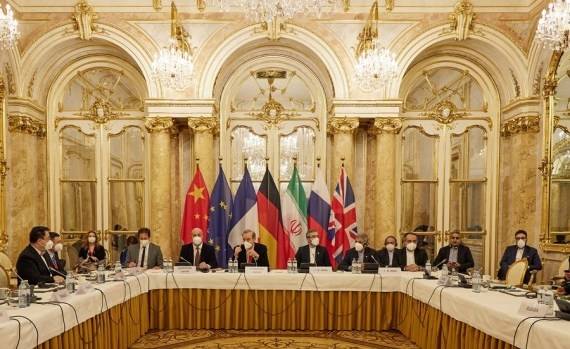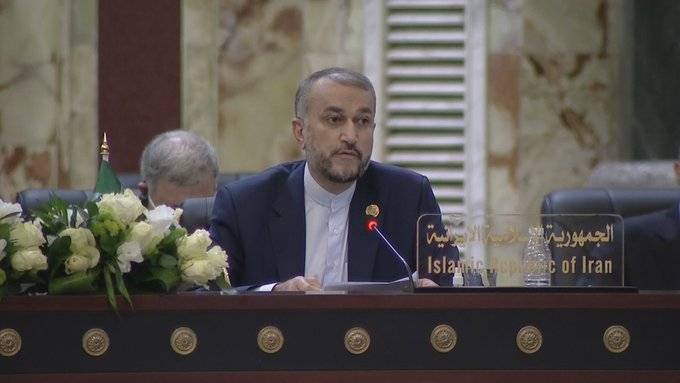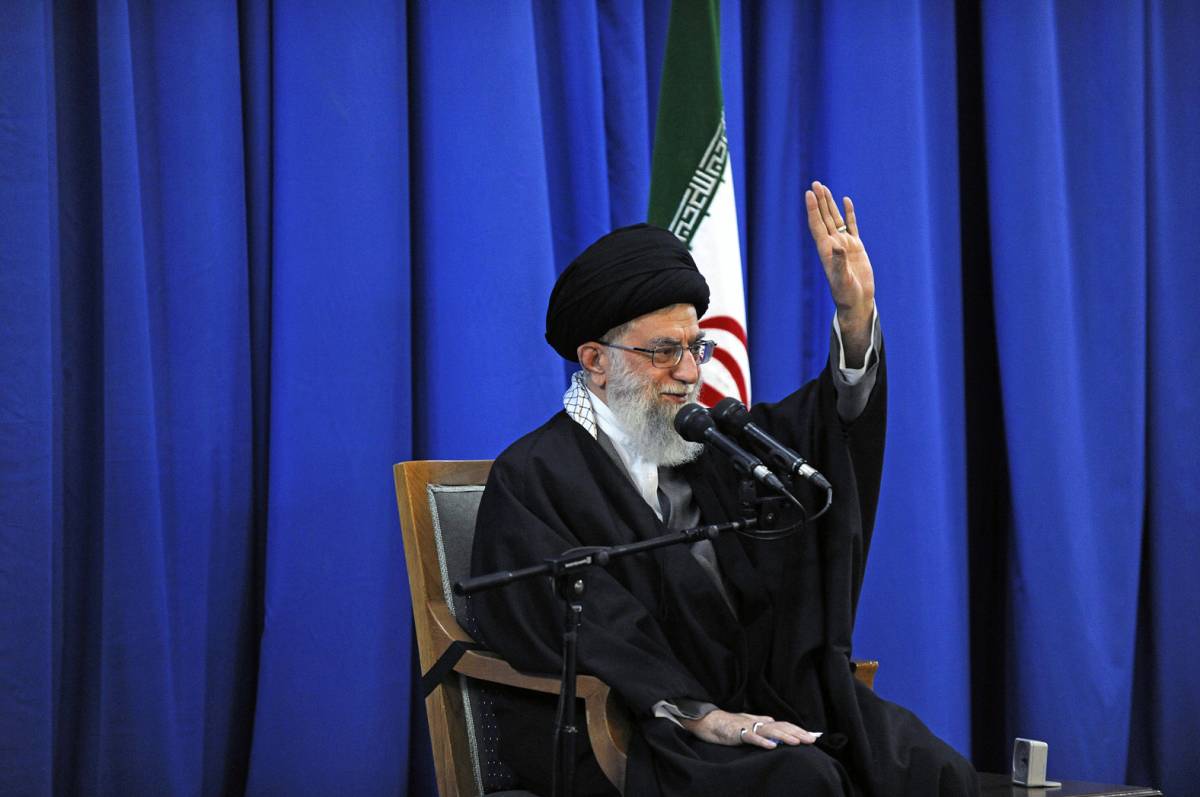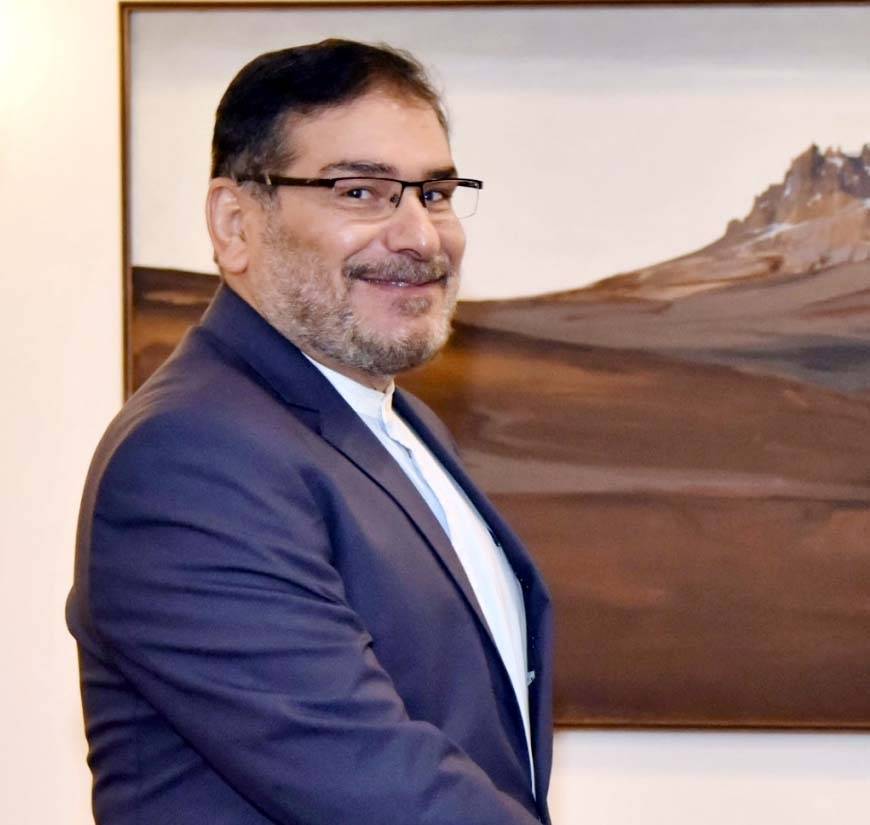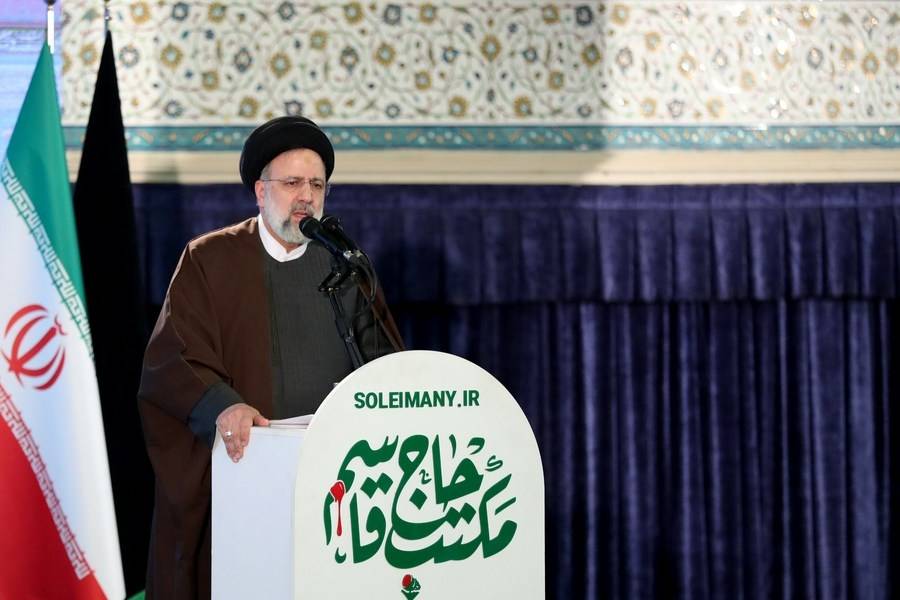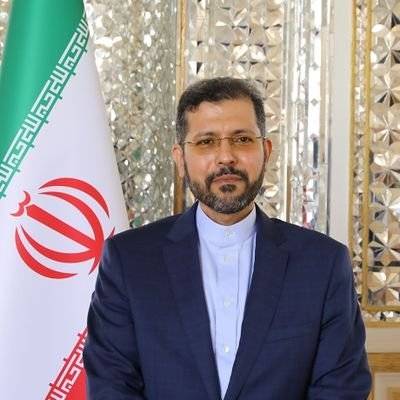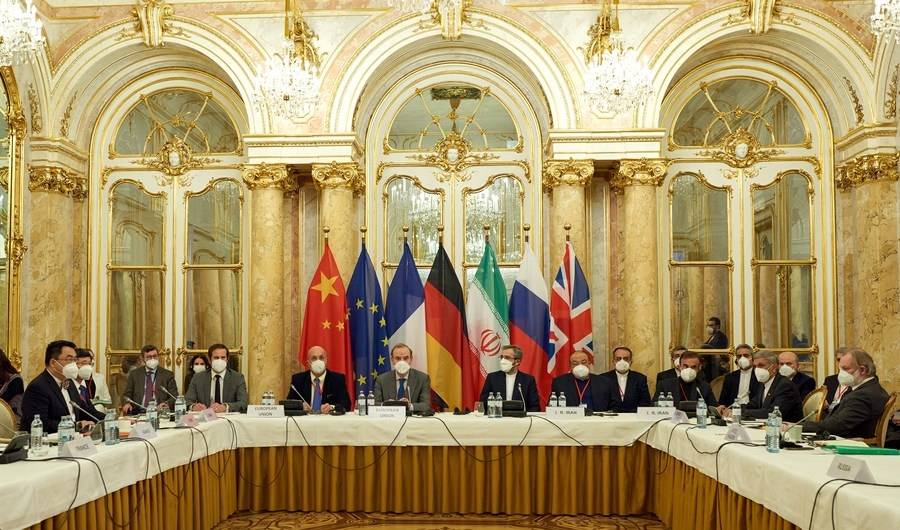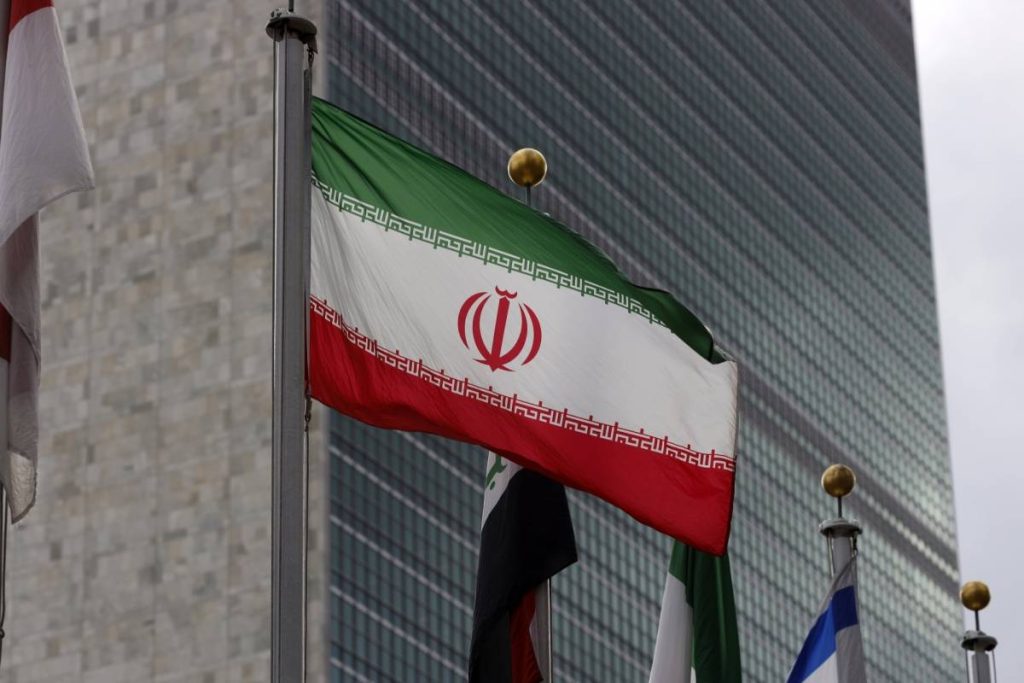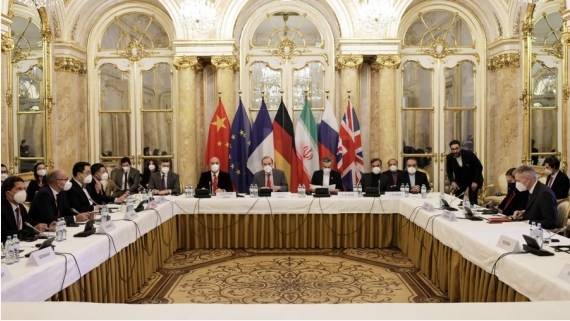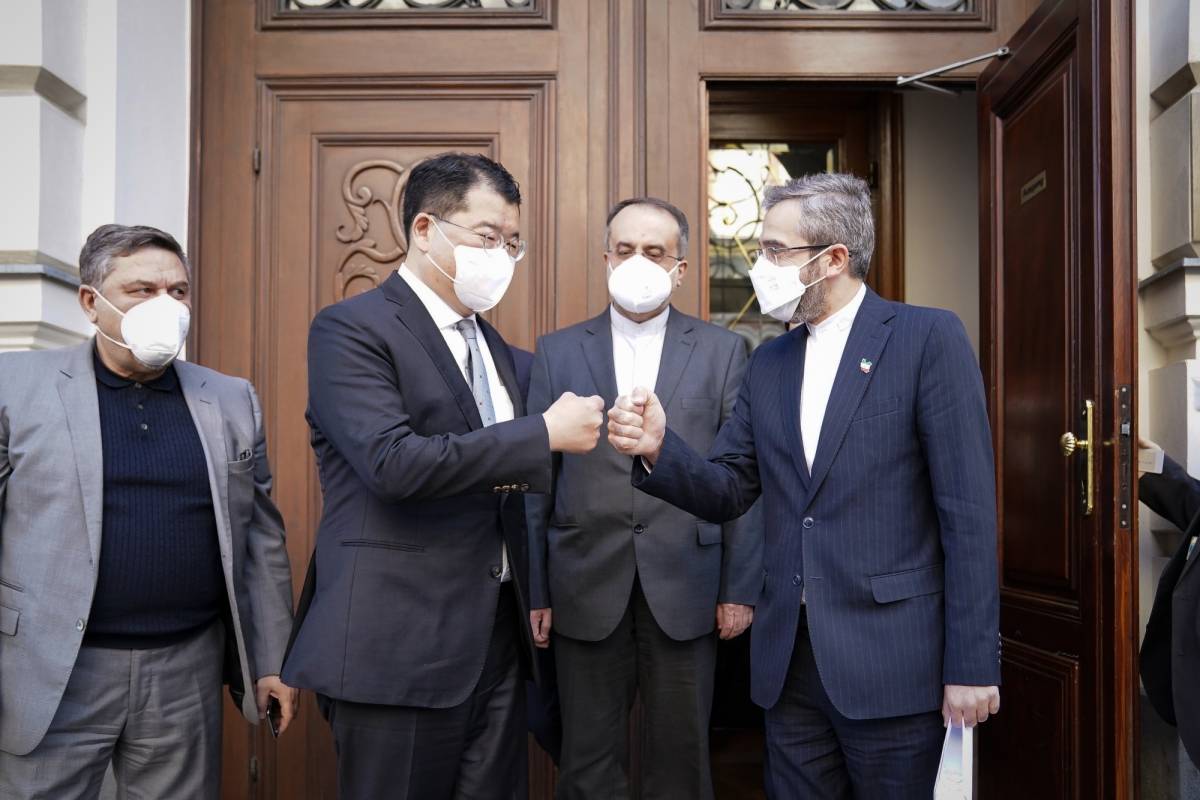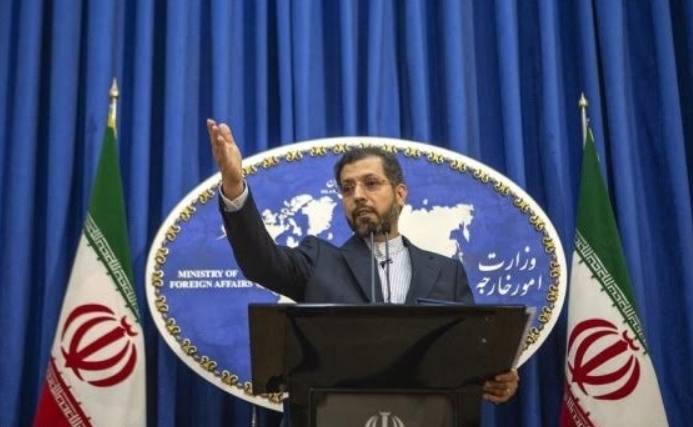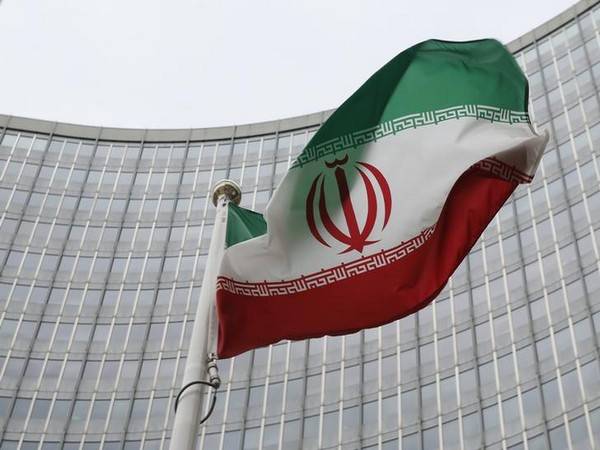Iranian Foreign Minister Hossein Amir Abdollahian has said “a few but important” issues remain in Vienna nuclear talks to be solved, official news agency IRNA reported…reports Asian Lite News
The Vienna talks have reached a critical stage, and “still a few but very important issues remain in our talks” aimed at removing US sanctions and restoring the 2015 nuclear deal, said Abdollahian on Wednesday in a joint press conference with his visiting Omani counterpart Sayyid Badr Al Busaidi.
Iran has “made it clear to the West and Josep Borrell, EU’s High Representative for Foreign Affairs and Security Policy, that we would not cross Iran’s red lines in the Vienna talks,” he added.
The Iranian Foreign Minister revealed that many messages have been received from the US about direct talks, but Iran wonders the benefit of direct dialogue and whether there would be a difference from what happened in the past, Xinhua news agency reported.
ALSO READ: Vienna talks: Iran says deal ‘closer than ever’
“So far, we have heard mostly positive messages from the Americans, but still no practical action has been taken to prove their good will,” he said.
“We are optimistic about the Vienna talks and hope that the few critical issues that remain in the negotiations will be resolved in the coming days with realism from the West,” Abdollahian added.
Former US President Donald Trump pulled Washington out of the 2015 Iranian nuclear deal, formally known as the Joint Comprehensive Plan of Action, in May 2018 and reimposed sanctions on Iran, which prompted the latter to drop some of its nuclear commitments in 2019 and advance its halted nuclear program.
Since April 2021, eight rounds of talks have been held in the Austrian capital between Iran and the remaining parties, namely Britain, China, France, Russia plus Germany, with the US indirectly involved in the talks, to remove anti-Iran sanctions and revive the landmark deal.

